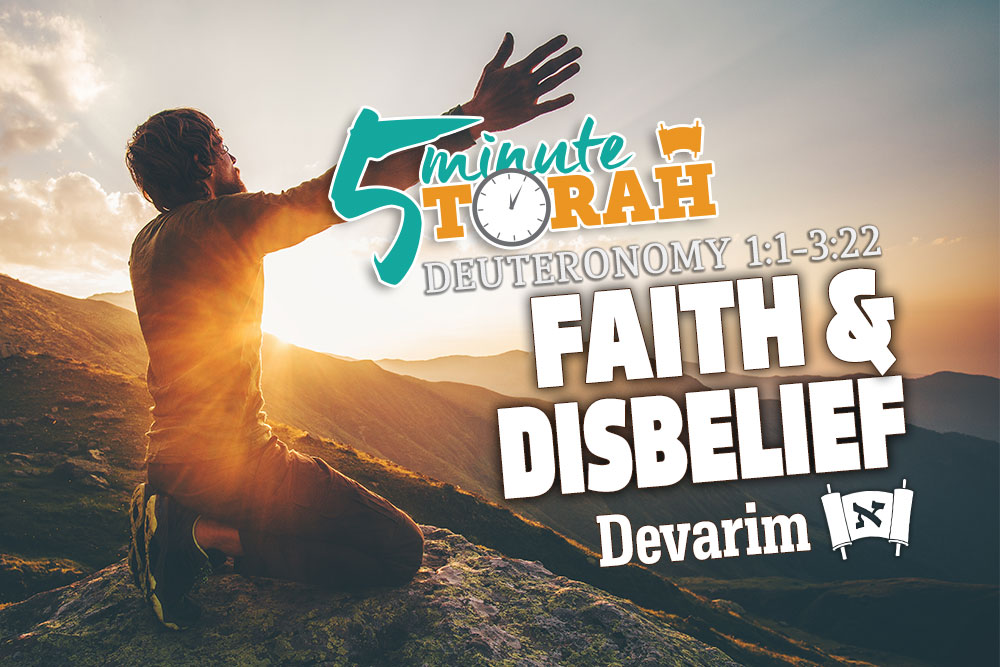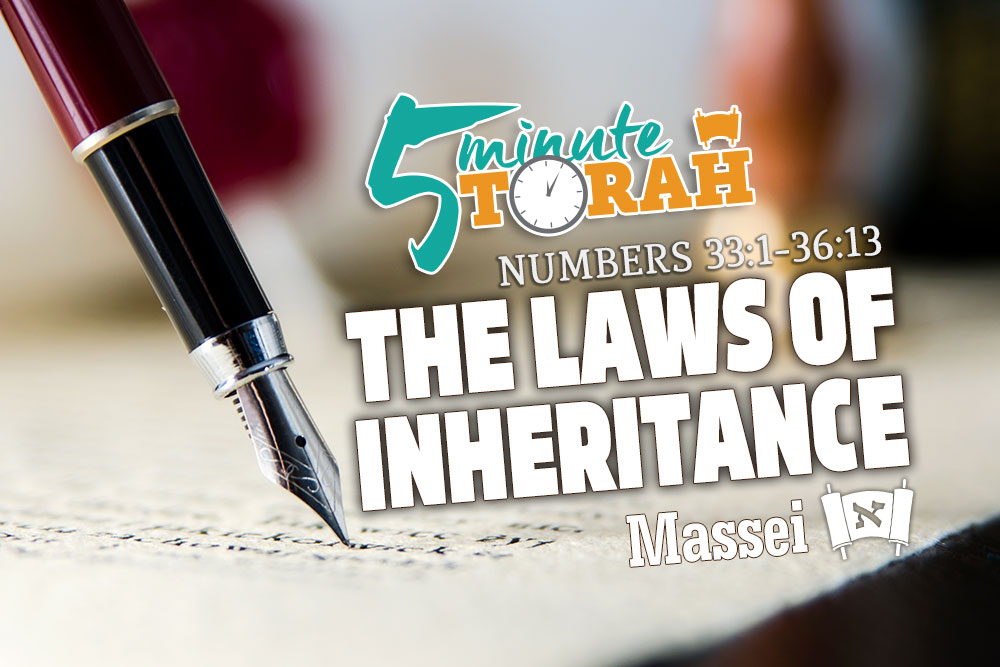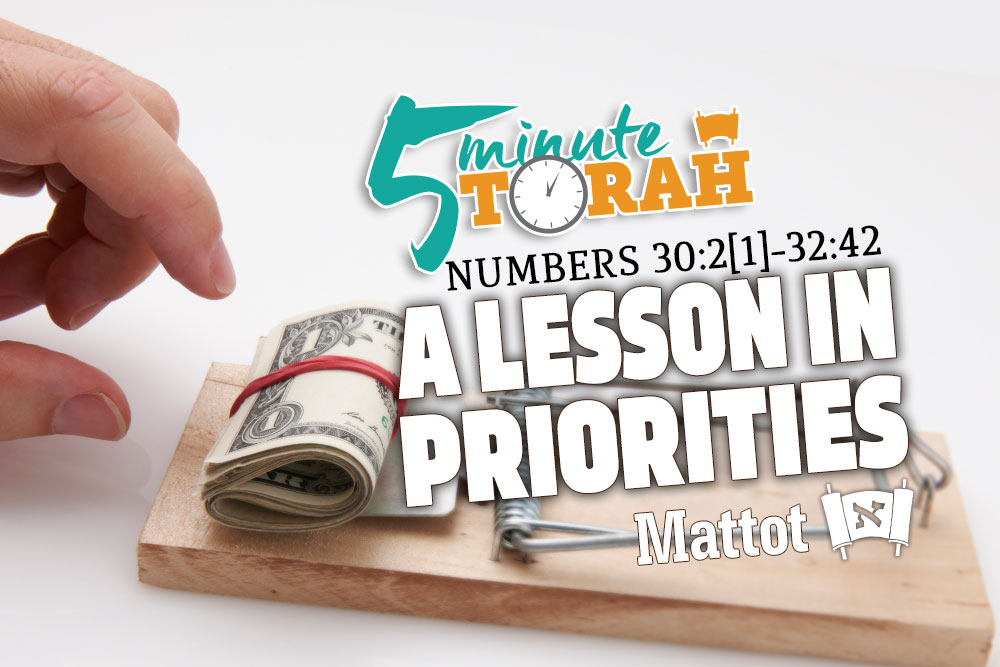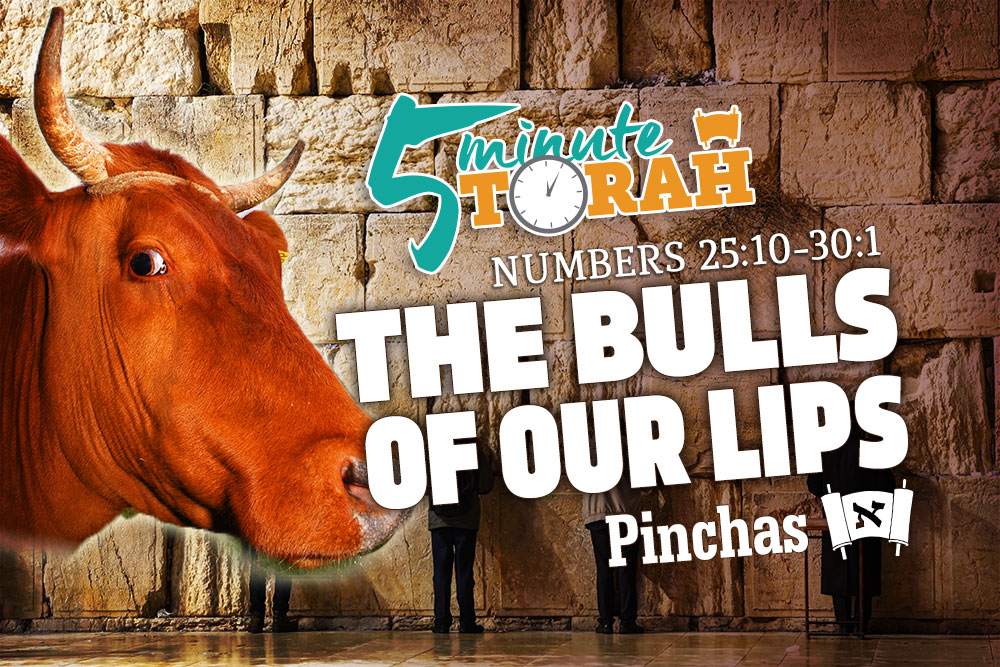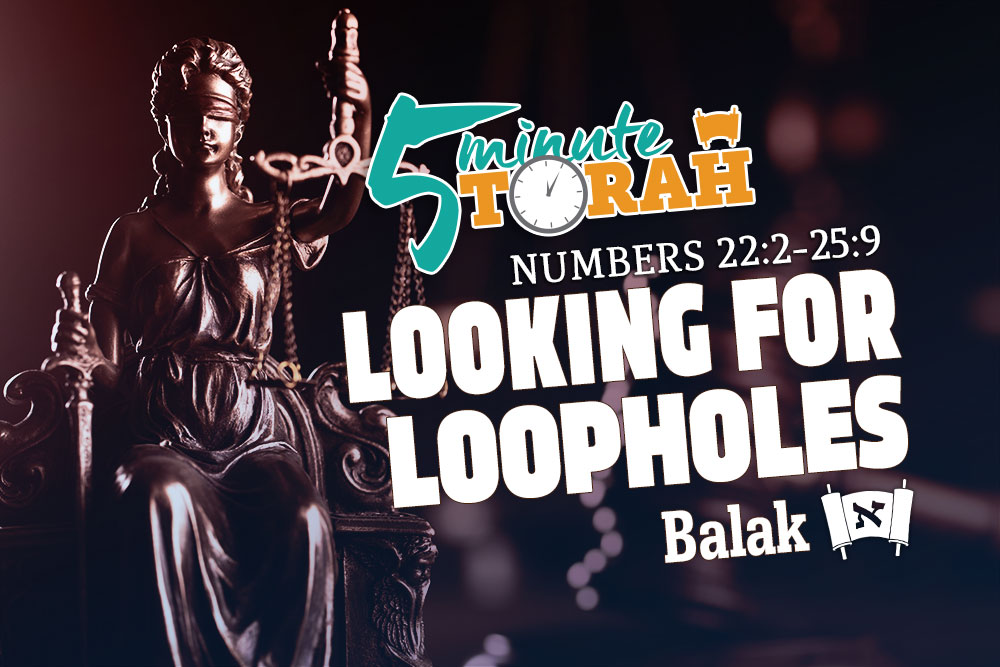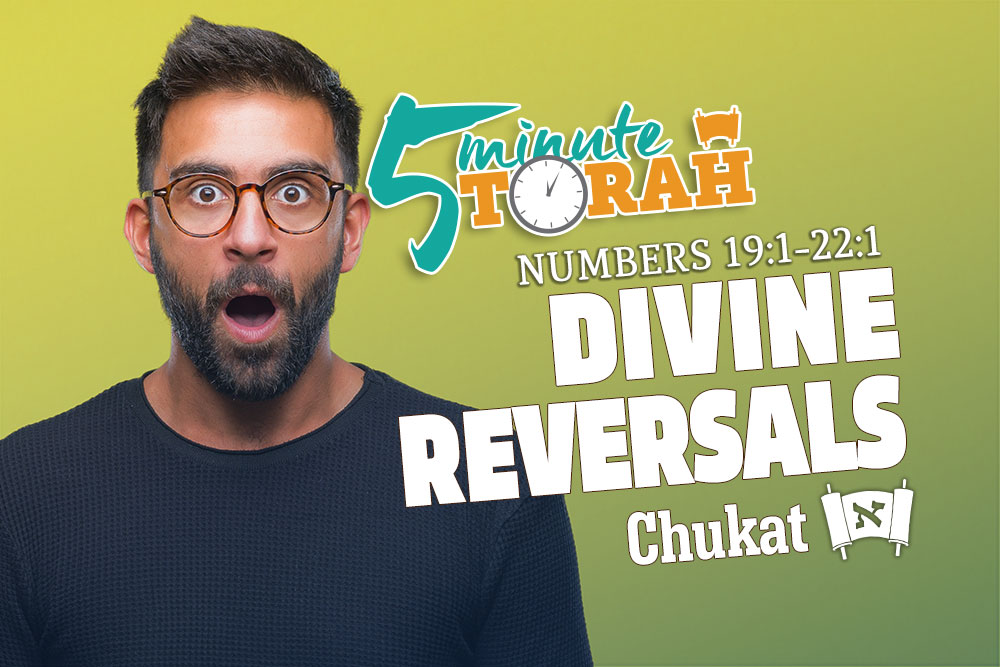Devarim (Deuteronomy 1:1-3:22)
In our Torah portion this week, Moses begins by giving a brief overview of the last forty years of the Children of Israel’s journeys in the wilderness. One of the first events he brings to their attention is the evil report about the Land, and how that report put fear into their hearts, keeping them from entering the Land as the LORD intended. He makes a point to remind them that, because of this one event, all of God’s plans for them were put on hold and they had been suffering the consequences of this for the last forty years:

